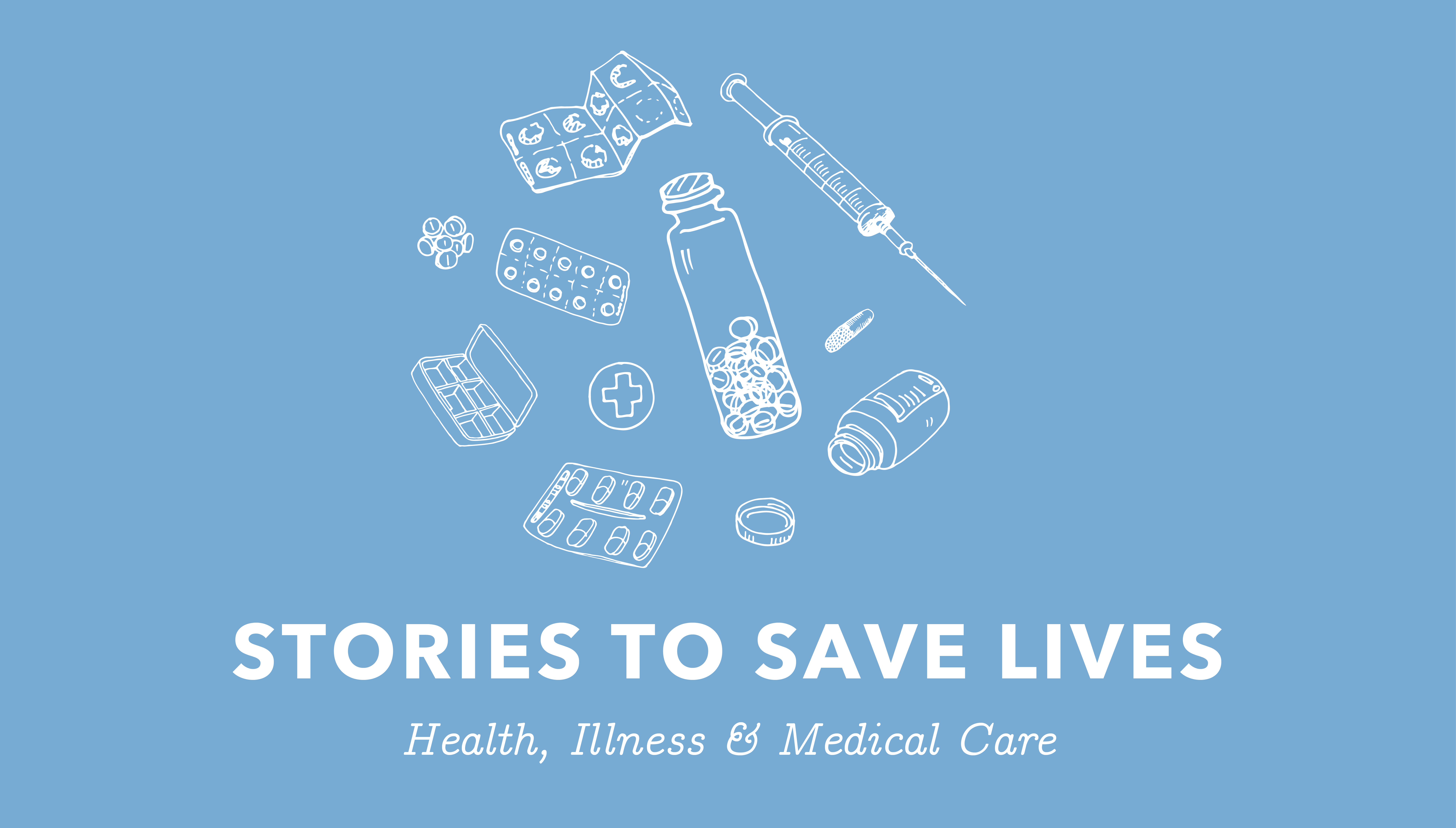
 Anna Freeman spent summer 2018 working with both Darius Scott and Rev. Bill Kearney to collect oral histories in Warren County, NC as a part of the Stories to Save Lives project. The project was originally started by Dr. Ross Simpson to study sudden death from preventable causes in rural communities. The oral history field work sought to garner direct input from members of these communities as to why these illnesses proved so pervasive and deadly not only to provide a better perspective on present issues, but to possibly inform better empiric questions. Some themes of interviews collected are: a changing social and economic landscape which makes it much more difficult to keep up with more traditional agricultural gardens, a lack of access to institutional and community based healthcare, and the desire for a tight-knit community resembling what was once had in the past.
Anna Freeman spent summer 2018 working with both Darius Scott and Rev. Bill Kearney to collect oral histories in Warren County, NC as a part of the Stories to Save Lives project. The project was originally started by Dr. Ross Simpson to study sudden death from preventable causes in rural communities. The oral history field work sought to garner direct input from members of these communities as to why these illnesses proved so pervasive and deadly not only to provide a better perspective on present issues, but to possibly inform better empiric questions. Some themes of interviews collected are: a changing social and economic landscape which makes it much more difficult to keep up with more traditional agricultural gardens, a lack of access to institutional and community based healthcare, and the desire for a tight-knit community resembling what was once had in the past.
 Ina Dixon joined the Stories to Save Lives project as a graduate field scholar in the fall of 2018. Her work this has focused on collecting interviews from community members involved in the Health Collaborative in the Dan River Region including Danville, Virginia and Caswell County, North Carolina. The Health Collaborative is a grassroots organization that improves the health and well-being of the region through initiatives that promote healthy eating, active living, access to healthcare and creating healthy spaces. In this presentation, Ina will discuss the background of the Stories to Save Lives project, and how its community and humanities-minded work builds a deeper understanding of health and care in the South through oral history.
Ina Dixon joined the Stories to Save Lives project as a graduate field scholar in the fall of 2018. Her work this has focused on collecting interviews from community members involved in the Health Collaborative in the Dan River Region including Danville, Virginia and Caswell County, North Carolina. The Health Collaborative is a grassroots organization that improves the health and well-being of the region through initiatives that promote healthy eating, active living, access to healthcare and creating healthy spaces. In this presentation, Ina will discuss the background of the Stories to Save Lives project, and how its community and humanities-minded work builds a deeper understanding of health and care in the South through oral history.
 Nicholas Allen conducted interviews at Galloway Ridge in addition to interviewing seniors in rural Orange County and conducting a single interview in Trinity, NC. Allen’s interviews focus on exploring themes related to coping with late life and how to find joy and raisons d’être. His talk draws on “Of Modern Poetry” by Wallace Stevens as a touchstone as this poem similarly explores the themes of navigating what brings joy and determining “what will suffice” in the face of death, late life, or any iteration of a finite future. Allen looks to explore the intellectual progression that occurs in reframing what is enough, what is joyful, and how that progression occur mentally, particularly when seated within the context of contemporary American culture and views on end of life.
Nicholas Allen conducted interviews at Galloway Ridge in addition to interviewing seniors in rural Orange County and conducting a single interview in Trinity, NC. Allen’s interviews focus on exploring themes related to coping with late life and how to find joy and raisons d’être. His talk draws on “Of Modern Poetry” by Wallace Stevens as a touchstone as this poem similarly explores the themes of navigating what brings joy and determining “what will suffice” in the face of death, late life, or any iteration of a finite future. Allen looks to explore the intellectual progression that occurs in reframing what is enough, what is joyful, and how that progression occur mentally, particularly when seated within the context of contemporary American culture and views on end of life.
